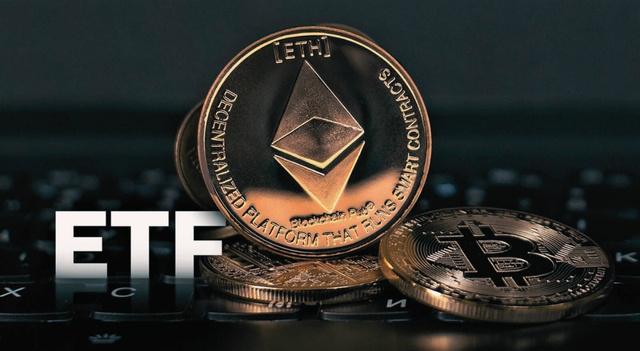Last week, U.S. spot Bitcoin ETFs recorded five consecutive days of net inflows, totaling $2.323 billion. This brought assets under management (AUM) to $15.318 billion. The inflows were led by BlackRock’s ETF (NASDAQ:IBIT), which received $1.036 billion, followed by Fidelity’s ETF (AMEX:FBTC) with $849 million.
Meanwhile, spot Ethereum ETFs also showed strength, attracting $637 million over four consecutive days of inflows. The standout was Fidelity’s FETH ETF (AMEX:FETH), which accounted for $381 million. Total AUM for the group of ETH ETFs reached $3.035 billion, with all nine funds posting net inflows.
The trend wasn’t limited to the U.S. In Hong Kong, crypto ETFs also saw new capital, though on a smaller scale. The Bitcoin ETF recorded a net inflow of 24.71 BTC, while the Ethereum ETF added 610.45 ETH. Together, they managed around $64.6 million in assets.
U.S. Bitcoin spot ETF options markets also experienced high activity. On September 12, nominal trading volume reached $3.2 billion, while total open interest stood at $30.86 billion the previous day. Market sentiment was predominantly bullish, with implied volatility at 39.67%.
Other developments included CleanCore Solutions increasing its exposure to Dogecoin, surpassing 500 million tokens, while the launch of the REX-Osprey DOGE ETF is expected to be postponed to next week. The DTCC also listed new ETFs focused on Solana, Hedera, and XRP.
BlackRock is reportedly exploring the tokenization of ETFs and traditional assets via blockchain, following the success of its tokenized BUIDL fund, which has already exceeded $2 billion in AUM. VanEck also announced plans to file for the HYPE Spot Staked ETF in the U.S. and to launch related products in Europe.
This content is for informational purposes only and does not constitute financial, investment, or other professional advice. It should not be considered a recommendation to buy or sell any securities or financial instruments. All investments involve risk, including the potential loss of principal. Past performance is not indicative of future results. You should conduct your own research and consult with a qualified financial advisor before making any investment decisions.
